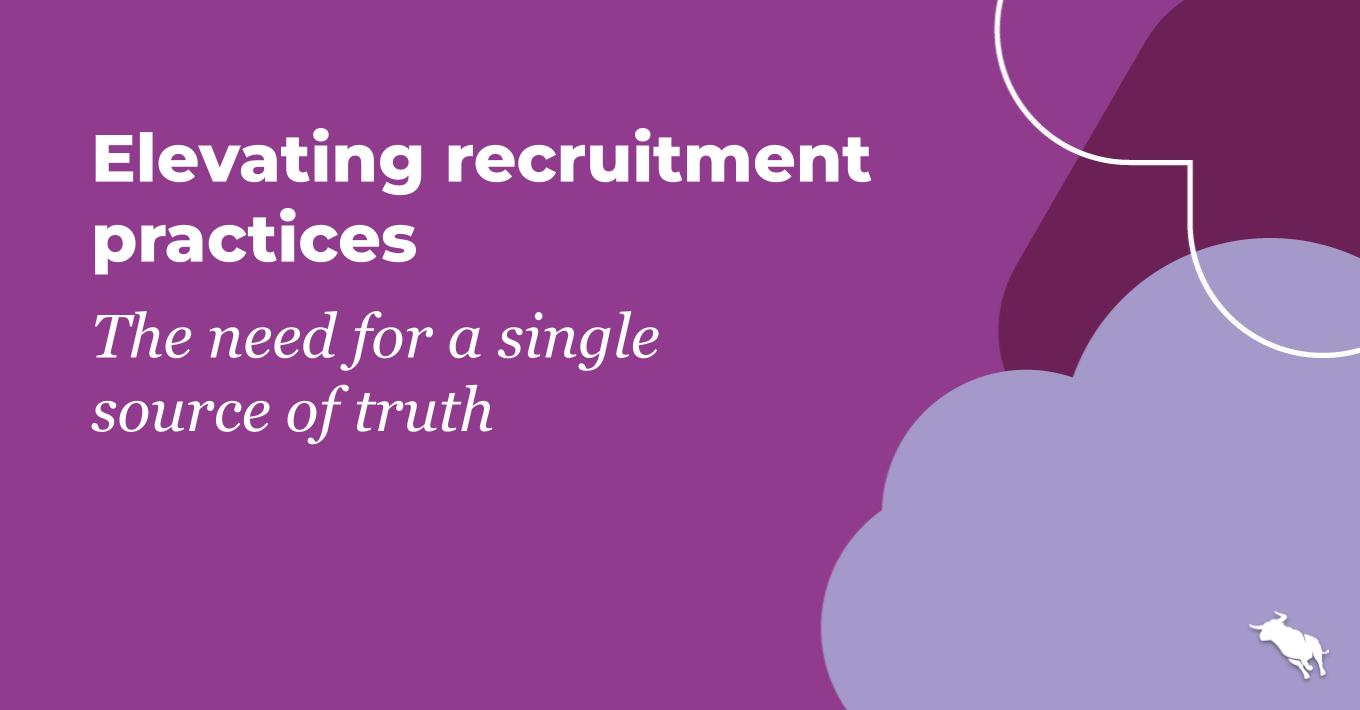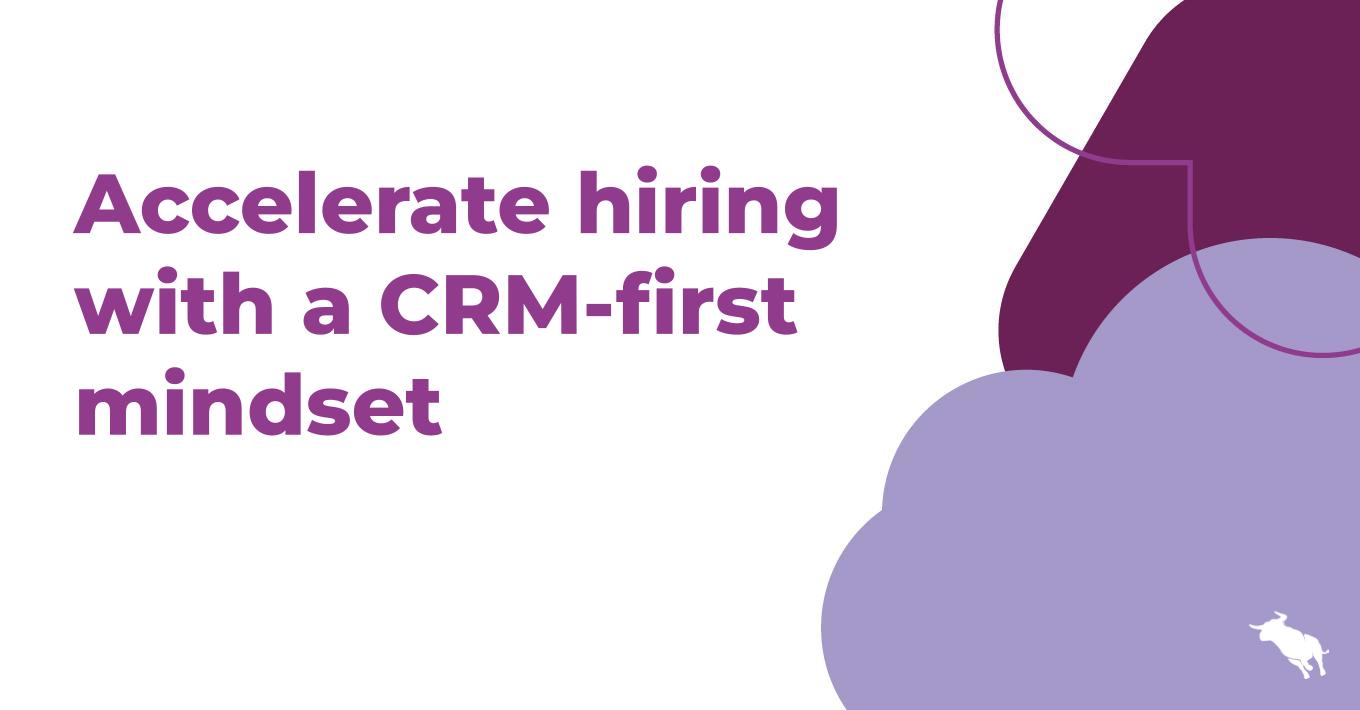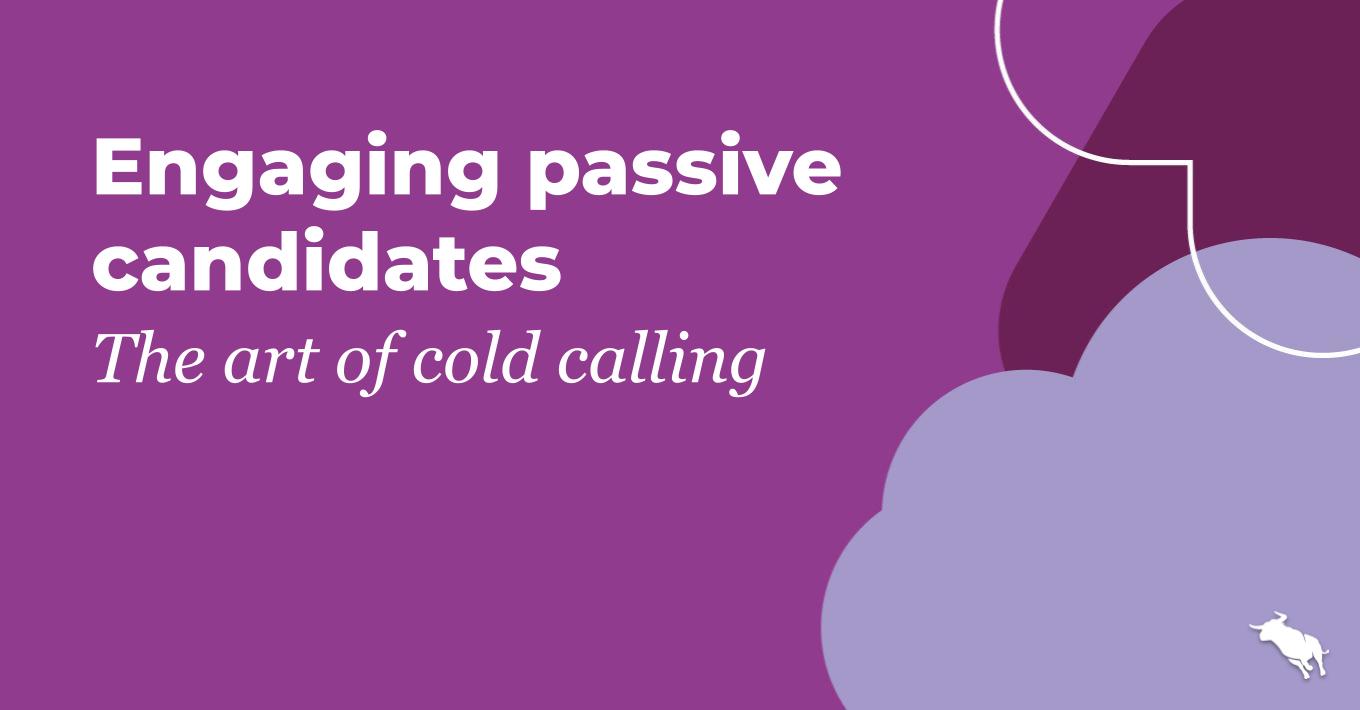Responding To RFPs
This month I turn my attention to talk about responding to RFPs and participating in bids. I see a lot of organizations in our industry exert a lot of time, energy and resources ($$ and manpower) responding to RFPs only to get little or nothing in return. I have spent a large part of my sales career “elephant hunting” for winning large global accounts and I have a learned a few lessons. Going into all the details would be impossible, but let me share with you two rules that you should keep in mind when evaluating and responding to RFPs.
Rule #1
If you didn’t generate the sales opportunity through your own prospecting, relationship building and qualifying efforts, then you have a slim to zero chance of actually winning the opportunity. Have you ever received an RFP from a prospective company where you (and your company) didn’t have much or any relationship with the prospective client but they still included you in the RFP process? Sure you have. We all have! Did it ever dawn on you to question it? “…Gee, why are they including us? We don’t have a relationship with them.”
These are the opportunities I’m talking about. 99% of them are a waste of time. IBM actually did a study on this and discovered that if you didn’t “create the opportunity and set the buying criteria,” than you have less than a 10% chance of winning it. The reason is some other salesperson out there has been working her tail off creating and cultivating the opportunity. She set the buying criteria and vision of the ideal solution with the customer and in many cases even wrote or contributed to the RFP themselves. Don’t waste your time on these. Instead, invest your time in creating your own opportunities. Of course it is more work – that is what sales is. Focus your time and energy on creating your own opportunities and you will significantly increase your close rate. And you will have a much healthier pipeline.
Rule #2
If you simply can’t resist responding because the RFP opportunity is ” too good” to pass, then you must find out who is on the decision making committee and what each member’s role is on the committee. I know the procurement person who sent you the RFP will clearly tell you, “If we find that you have contacted anyone in our company regarding this opportunity, your company will no longer be considered.” Whippidy do! We already have a 90% chance of losing! Instead, go around this person (their job is to keep you at bay, so don’t even bother asking for their help) and uncover who the decision makers are and push for a face to face meeting (our training teaches you how to get and run these meetings) to interview each decision maker and uncover the business drivers for the initiative and what their ideal solution is to solve the problem(s) they seek to fix. Without this information, how can you expect to pitch a solution that will meet their needs?
Now I know some of you reading this disagree with me and might be saying, “I won the ABC account off of an RFP bid like this and we now do $5M in business with the customer.” If that is the case, that is great. But how many RFPs just like that one have you had to bid on before you actually won that one account? Let’s not forgot about the most valuable asset of all and the one we have the least of. TIME. It takes a ton of time to gather the information requested in these RFPs. So let’s be sure we qualify the heck out of the opportunity before making the decision to invest the time. Deciding when to compete and what strategy to deploy are critical to your success.
In my next post I will some ideas on how to write winning proposals. Because at the end of the day, we should really be presenting proposals, not responding to RFPs. There is a difference between the two. Specifically, I’ll share with you the most important part of the proposal, including the key ingredients that go into a successful proposal. Thanks and Happy Selling!
This Bullhorn Blog post was written by Dan Fisher of Menemsha Group.
Dan Fisher is Founder and Managing Director of Menemsha Group, a Boston sales training and consulting organization. To learn more, visit www.menemshagroup.com or email Dan@menemshagroup.com.




